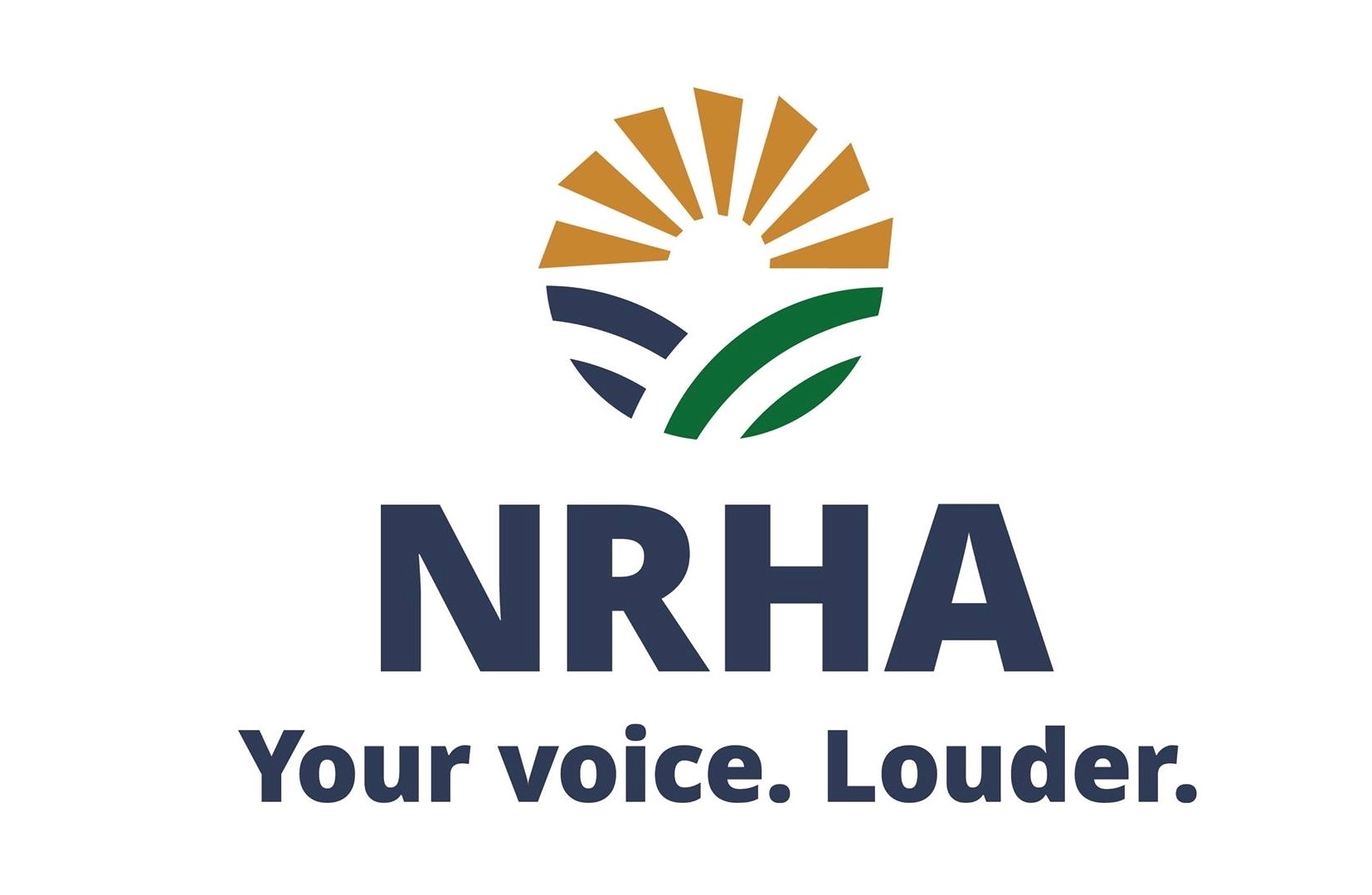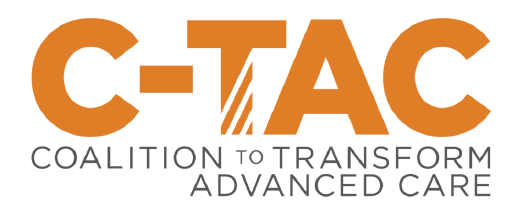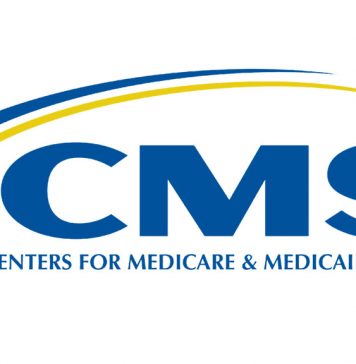Federal Advocacy
The South Dakota Association of Healthcare Organizations (SDAHO) strives to support its members through advocacy efforts at the local, state and federal level by providing one unified voice in sustaining and enhancing access to community-focused health services across the continuum of care. Advocacy is our number one priority and we visit Washington DC and our federal delegation frequently to represent health care providers in South Dakota. We work closely with our national partners on federal priorities to reduce regulatory burden and ensure our rural challenges are recognized. Our federal partners include American Hospital Association (AHA), LeadingAge, National Rural Health Association (NRHA) and the National Alliance for Care at Home.
Federal Priorities
Advancing Advocacy
Stop the CMS Federal Staffing Mandate for Nursing Homes
Reject payment cuts
- Oppose harmful site neutral payment proposals
- Hold commercial health plans accountable
- Prevent Medicaid DSH cuts
- Keep Medicare rural hospital flexibility program
- Make Medicare-dependent hospital program permanent
Protect the 340B Drug Pricing Program
Support and strengthen the health care workforce
- GME Reform
- Reinvent & streamline CNA training (483.152)
- SAVE Act (HR 2584 / S. 2768)
- Healthcare Workforce Innovation Act (S. 4957)
- DOCTORS Act (S. 2719)
- Healthcare Workforce Investment Act (H.R. 9812)
- Healthcare Workforce Resilience Act (H.R. 6205/S. 3211)
Chevron Doctrine Ruling June 28, 2024
SDAHO Support Letters
SDAHO Proposed Rules Letters
Amicus Briefs
Helpful links:
-
U.S. Senator Mike Rounds
-
U.S. Senator John Thune
-
U.S. Rep. Dusty Johnson
-
Centers for Medicare and Medicaid Services (CMS)
-
Library of Congress
-
US Department of Health and Human Services
-
Celerian Group Company (CGS) – Current MAC for Home Care And Hospice Claims
-
Noridian Administrative Services LLC
-
Joint Planning Resource Guide











